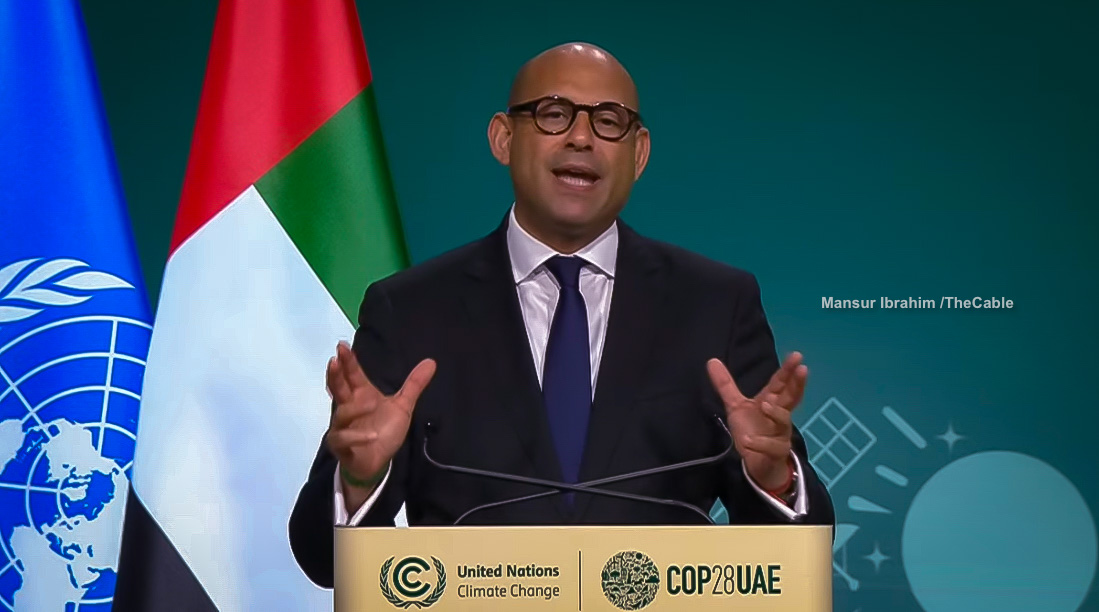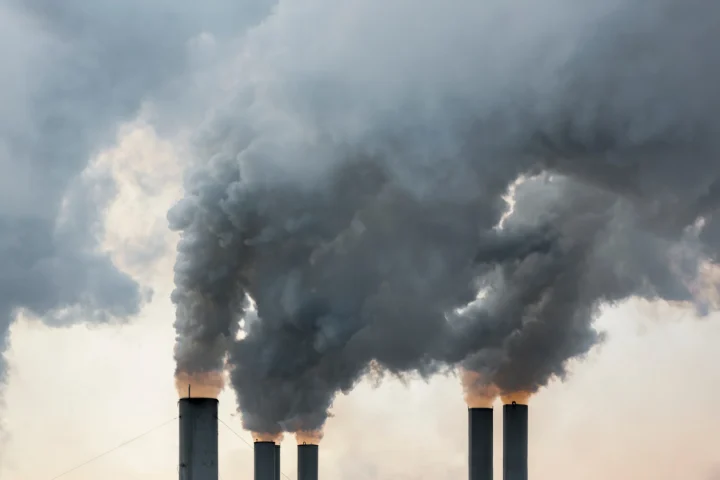Solar panels
The complexities of climate change and its associated jargon can be difficult to understand.
TheCable’s quick climate facts will help demystify these concepts through easy-to-understand and straightforward explanations.
Here are some to keep at the tip of your fingers:
Advertisement
- In 2018, air pollution from fossil fuels caused $2.9 trillion in health and economic costs, about $8 billion a day, according to the United Nations.
- Renewable energy sources are replenished by nature and emit little to no greenhouse gases or pollutants into the air.
- About $4 trillion a year needs to be invested in renewable energy until 2030 — including investments in technology and infrastructure — to enable the world reach net-zero emissions by 2050.
- The risk of heat-related illness and death will be lower at 1.5°C warming than at 2°C, according to the National Aeronautics and Space Administration (NASA).
- Warming of 1.5°C to 2°C will lead to a reduction of rainforest biomass and will increase deforestation and wildfires, the organisation said.






